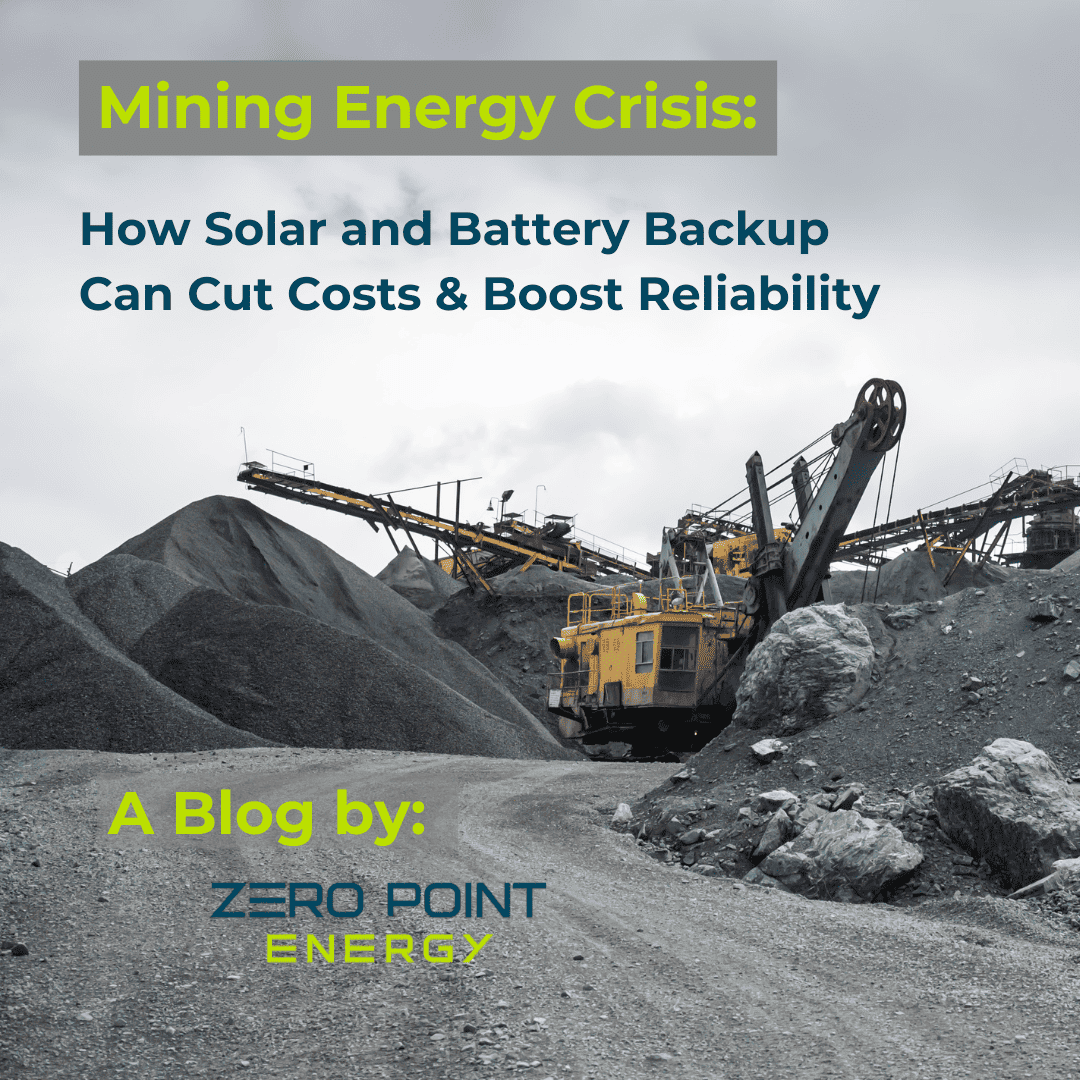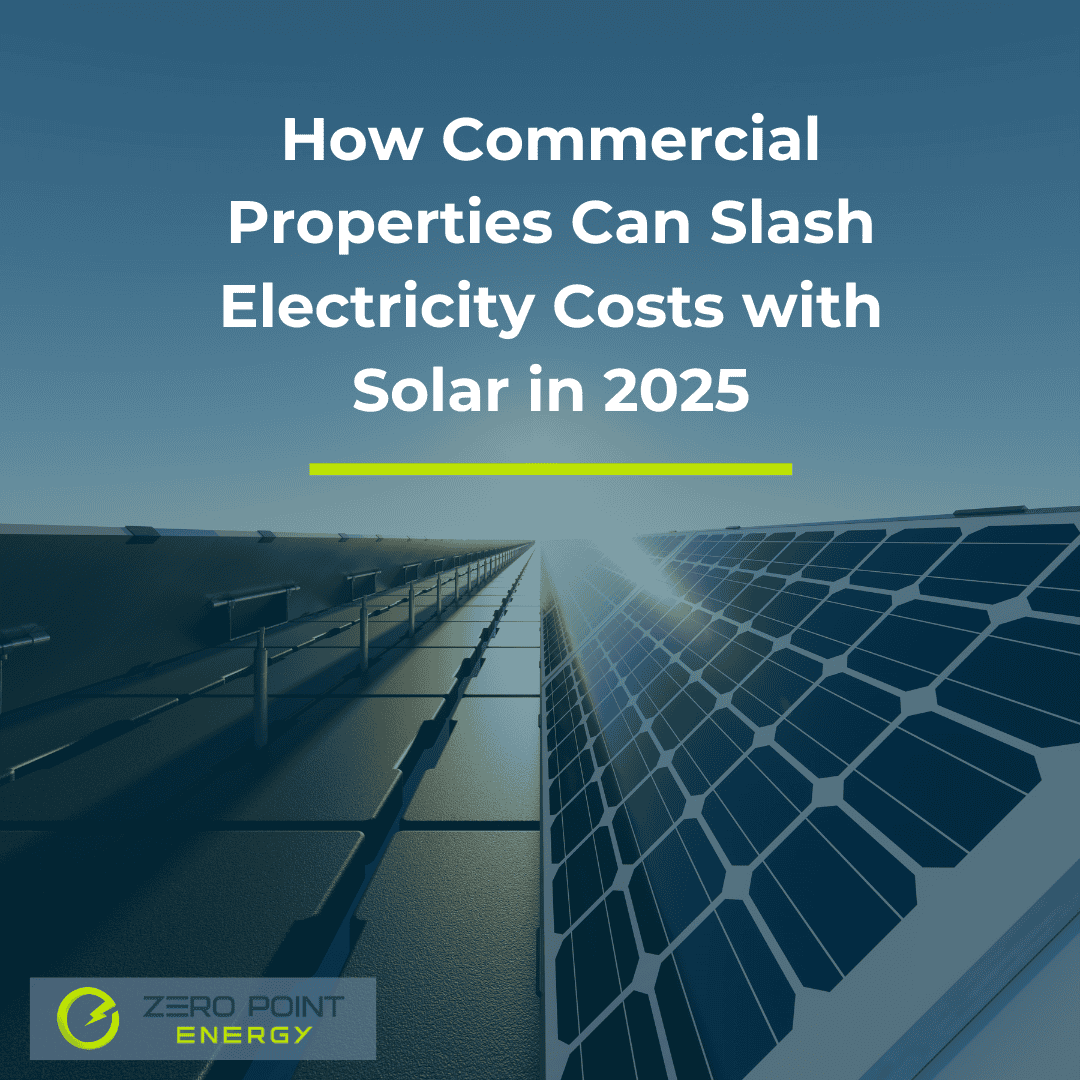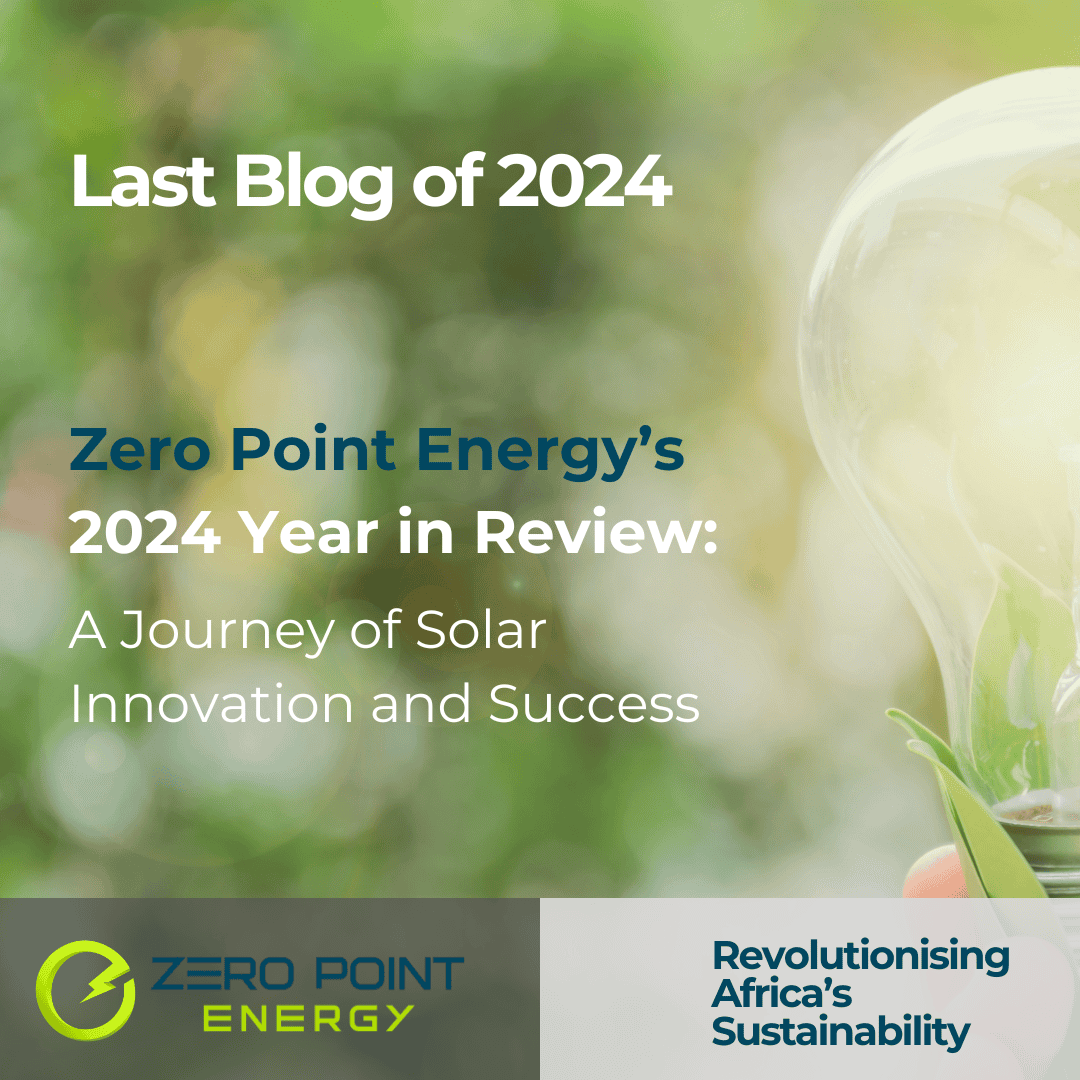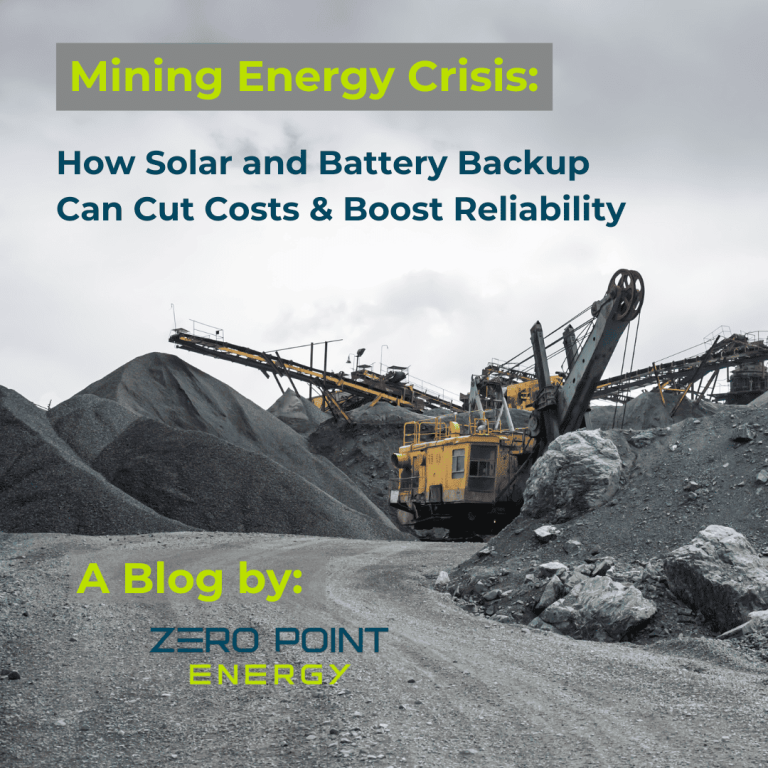
The South African mining sector is at a critical juncture. With energy costs soaring and Eskom’s grid instability disrupting operations, mining companies can no longer afford to rely solely on traditional power sources. The shift towards solar PV and battery energy storage (BESS) solutions is no longer just a consideration, it’s a strategic imperative for long-term profitability and sustainability.
In this article, we move beyond the basics of renewable energy and explore the real-world impact of solar and BESS systems in mining operations. Backed by data and industry insights, we will demonstrate how South African mines can gain a competitive edge by investing in energy security.
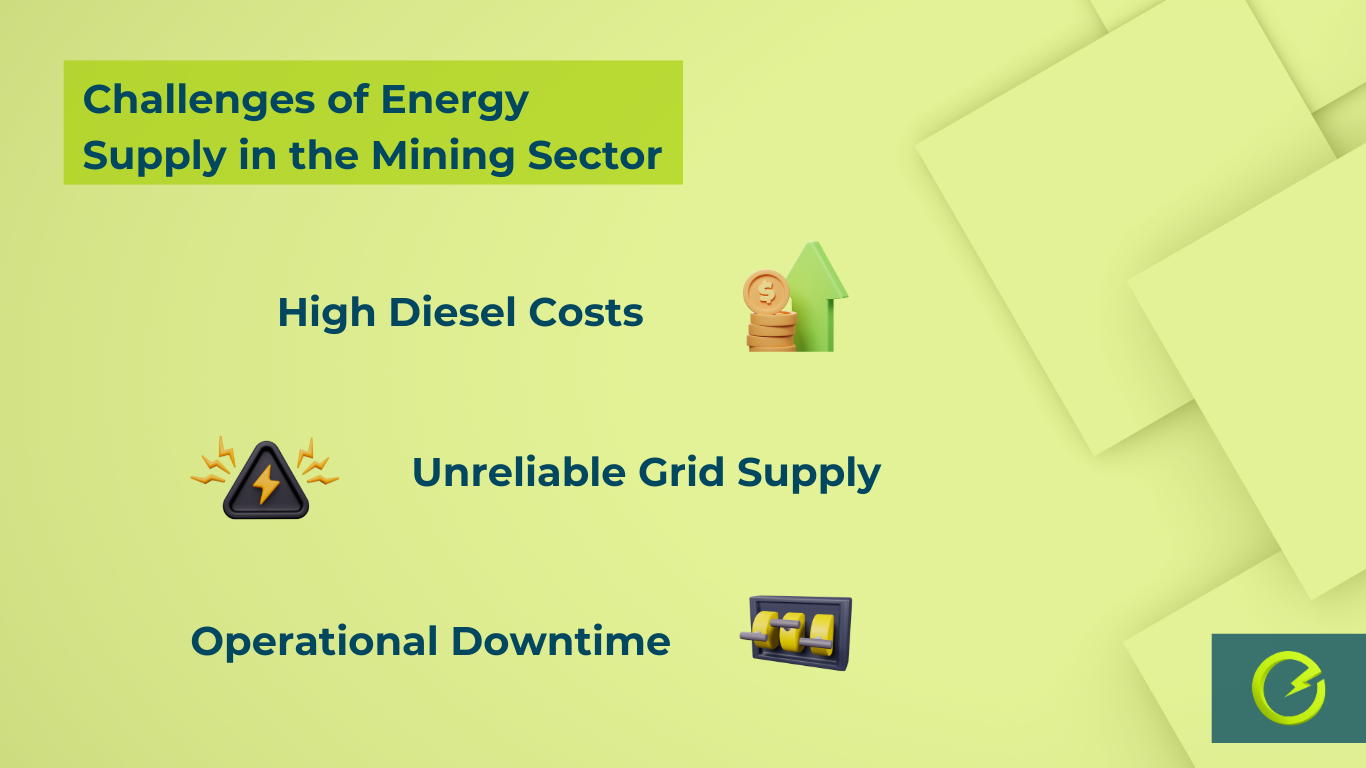
The Energy Crisis in Mining: By the Numbers
- Energy Cost Inflation: South African electricity tariffs have increased by over 650% since 2007, outpacing inflation and squeezing operational margins.
- Load Shedding Disruptions: Mines experience an estimated 8-10% loss in production hours annually due to rolling blackouts.
- Diesel Dependency: Many mines still rely on diesel generators, costing up to R6 per kWh, compared to solar’s R1.50-R2 per kWh over the system’s lifespan.
Carbon Emissions Pressure: Global investors and regulators are pushing for decarbonization, with companies that fail to reduce their carbon footprint facing increased scrutiny and potential financial penalties.
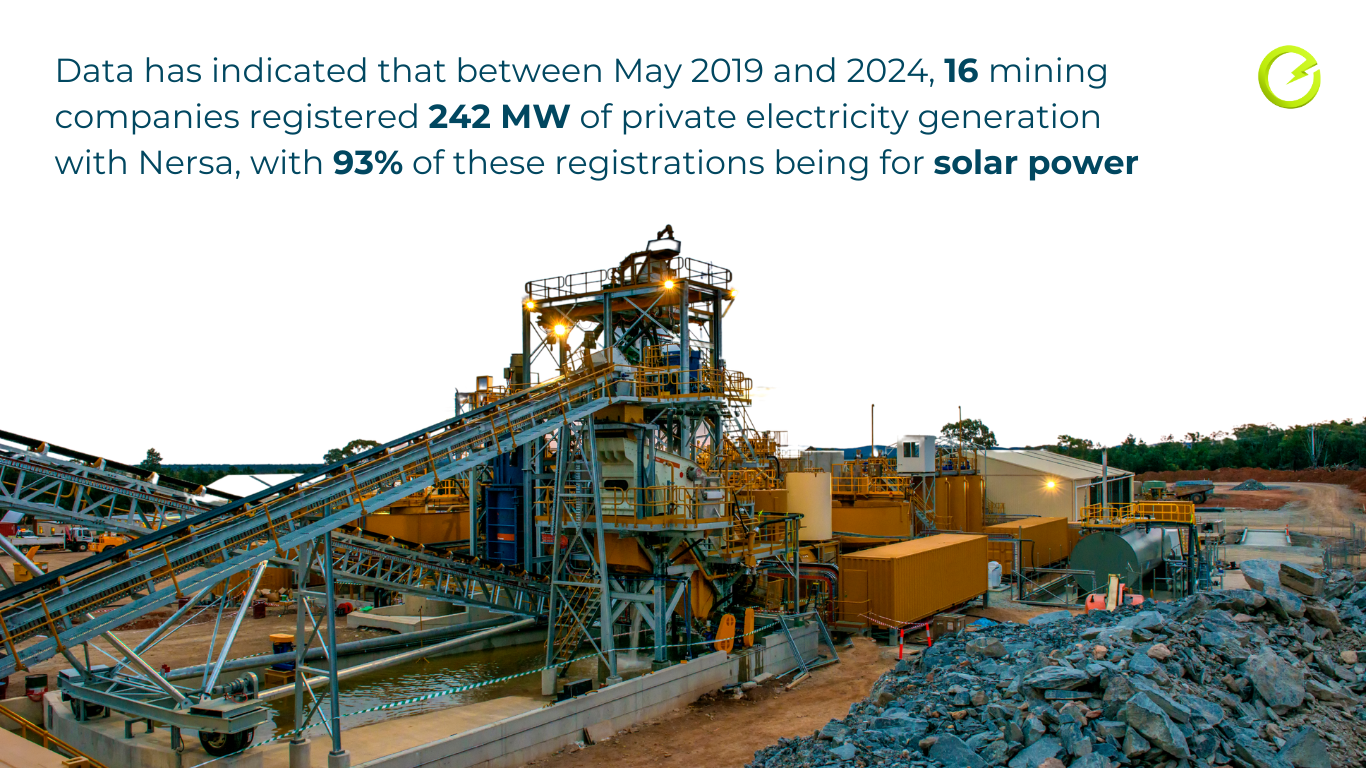
Why Solar Energy is a Game-Changer for Mining Operations
1. Unmatched Energy Cost Savings
Solar power offers mining operations a fixed-cost energy solution that protects against future electricity price hikes. Large-scale solar PV systems typically yield an ROI within 4-6 years, with savings compounding over a system lifespan of 25+ years.
From Theory to Reality: Northam Platinum Holdings Limited (Northam) has finalised a Power Purchase Agreement (PPA) with an Independent Power Producer (IPP) in respect of an 80MW solar power plant to service its Zondereinde operation near the town of Thabazimbi in the Limpopo province. Read about this project here
2. Energy Security and Operational Continuity
Load shedding disrupts drilling, processing, and ventilation systems, all of which require constant power. A hybrid energy solution (solar, battery storage, and backup generators) ensures mining operations remain unaffected.
Data Insight: A recent industry report found that hybrid solar and battery systems reduce downtime by 45%, enhancing production efficiency.
3. Sustainability and ESG Compliance
Institutional investors are increasingly prioritizing Environmental, Social, and Governance (ESG) compliance. Companies that integrate renewables into their energy mix improve investor confidence and meet international sustainability reporting standards.
Example: A solar plant in operation from August 2022 has enhanced the sustainability of South Deep mine and contributed to Gold Fields’ long-term commitment to Net Zero. South Deep currently consumed around 494GWH of electricity per year which represented 10% of the mine’s annual costs and 93% of its carbon emissions. The solar plant generates 50MW or 103GWh/year. For more info visit this link.
The Role of Battery Storage in Mining Operations
Solar energy generation is limited to daylight hours, making BESS an essential component of a reliable mining energy system.
Battery Energy Storage Systems (BESS) Benefits for Mining:
- Peak Demand Management: Stores excess solar power for use during peak hours, avoiding Eskom’s high-demand tariffs.
- 24/7 Power Availability: Ensures stable energy supply during night shifts or cloudy days.
- Diesel Generator Reduction: Reduces reliance on costly and carbon-intensive diesel backup systems.
Choosing the Right Battery Technology
- Lithium-Ion Batteries: Higher efficiency (up to 95% round-trip efficiency) and longer lifespan (10-15 years).
- Flow Batteries: Ideal for large-scale mining applications due to their deep discharge capability.
Hybrid Energy Systems: Maximizing Mining Profitability Integrating solar PV, battery storage, conventional diesel gensets and grid power into a single hybrid system optimizes energy efficiency, stabilizes costs, and ensures uninterrupted operations.
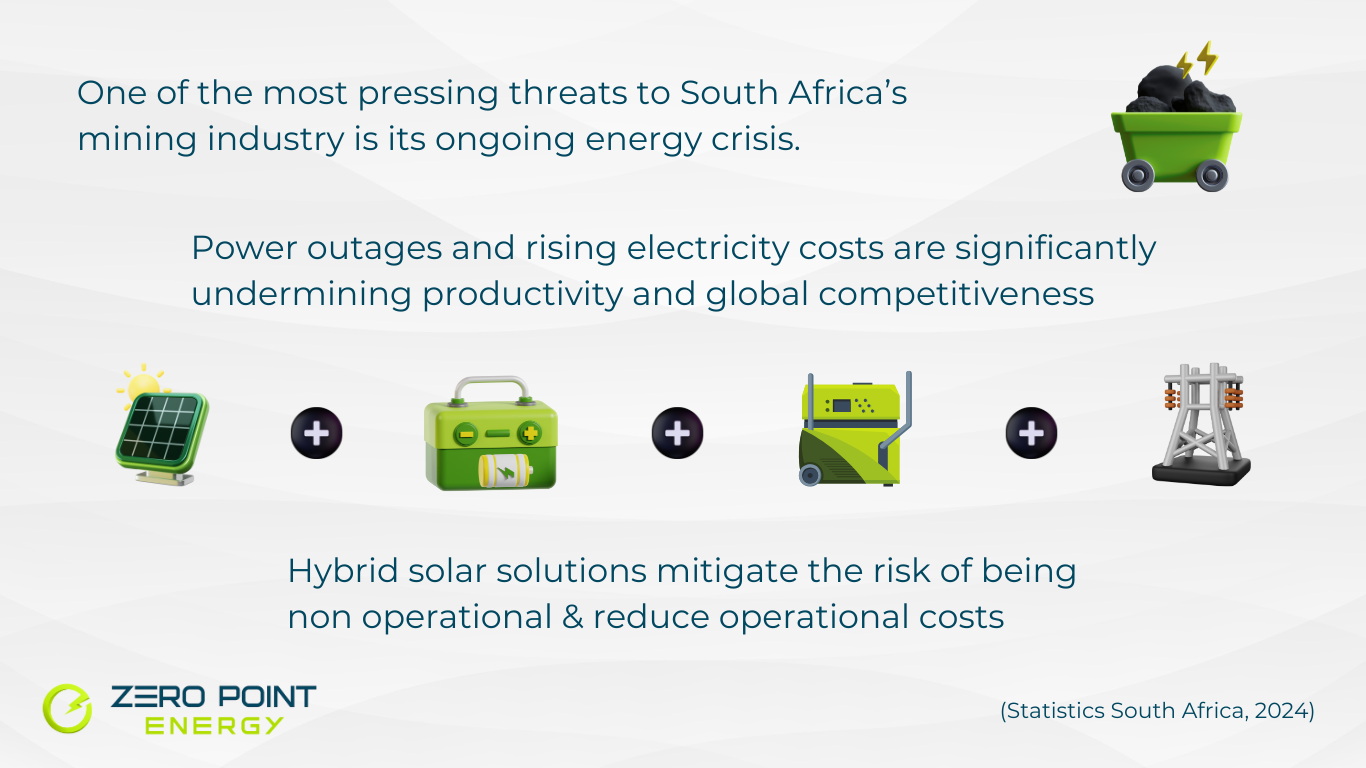
Key Advantages of Hybrid Systems for Mining:
- Peak Shaving: Reduces reliance on expensive peak-hour electricity tariffs.
- Load Shifting: Stores solar energy for use when grid prices are highest.
- Automated Energy Management: Smart control systems optimize power use, balancing solar, battery, and grid supply dynamically.
Future Trends: What’s Next for Renewable Energy in Mining?
- AI-Driven Energy Optimization: Artificial intelligence and IoT-enabled energy management systems are streamlining solar and battery efficiency.
- Corporate PPAs: More mining companies are signing Power Purchase Agreements (PPAs) with independent power producers to secure long-term renewable energy supply.
Final Thoughts: Investing in Energy Independence
The future of mining in South Africa hinges on energy security. Companies that invest in solar and battery backup systems today will enjoy long-term cost savings, reduced operational risk, and improved sustainability credentials.
Mining executives should consider scalable solar and storage solutions to meet growing energy demands without being at the mercy of Eskom’s instability. Are you ready to future-proof your mining operations? Contact Zero Point Energy today to explore tailored solar and battery backup solutions that drive efficiency, resilience, and profitability in South Africa’s mining sector.
